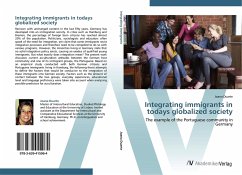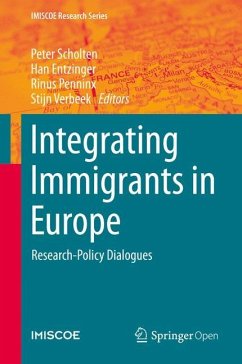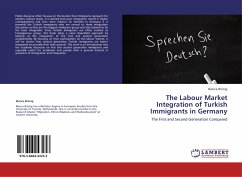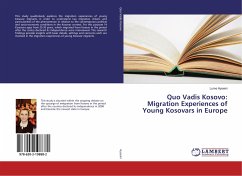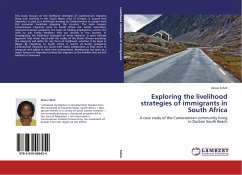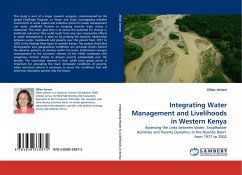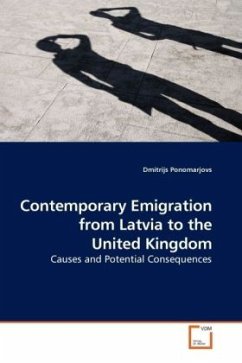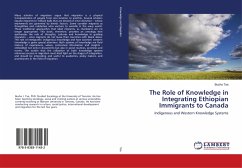
The Role of Knowledge in Integrating Ethiopian Immigrants to Canada
Indigenous and Western Knowledge Systems
Versandkostenfrei!
Versandfertig in 6-10 Tagen
52,99 €
inkl. MwSt.

PAYBACK Punkte
26 °P sammeln!
Many scholars of migration argue that migration is a physical transplantation of people from one location to another. Several scholars equate migrants to 'billiard balls that are devoid of inner direction' - whose movements are governed by kinetic factors. Some consider migrants as thoughtless and rudderless who venture to swindle in the wavy world. These traditional approaches that label migrants, as charlatans are no longer appropriate. This book, therefore, provides an ontology that synthesizes the role of thoughts, cultures and knowledge in guiding migration - since migrants do not leave t...
Many scholars of migration argue that migration is a physical transplantation of people from one location to another. Several scholars equate migrants to 'billiard balls that are devoid of inner direction' - whose movements are governed by kinetic factors. Some consider migrants as thoughtless and rudderless who venture to swindle in the wavy world. These traditional approaches that label migrants, as charlatans are no longer appropriate. This book, therefore, provides an ontology that synthesizes the role of thoughts, cultures and knowledge in guiding migration - since migrants do not leave their countries with blank slates. The role of immigrants' indigenous knowledge and host societies' western knowledge is given special attention. Both systems of knowledge are fluid mixture of experiences, values, contextual information and insights - embedded not only in documents but also in social routines, practices and norms. The notion that the utilization of both knowledge systems enhances success in migration must shed light on the stages of integration, and should be interesting and useful to academics, policy makers, and practitioners in the field of migration.



